5 Things To Say Instead Of “Don’t Cry”
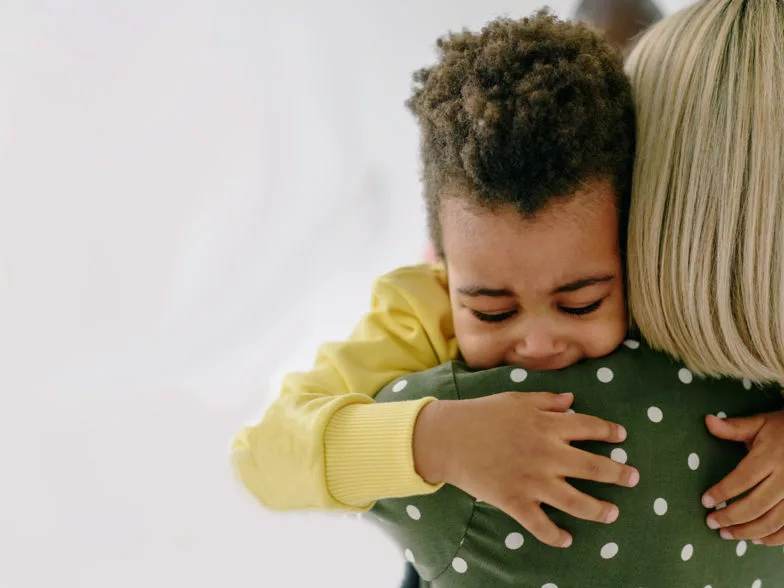
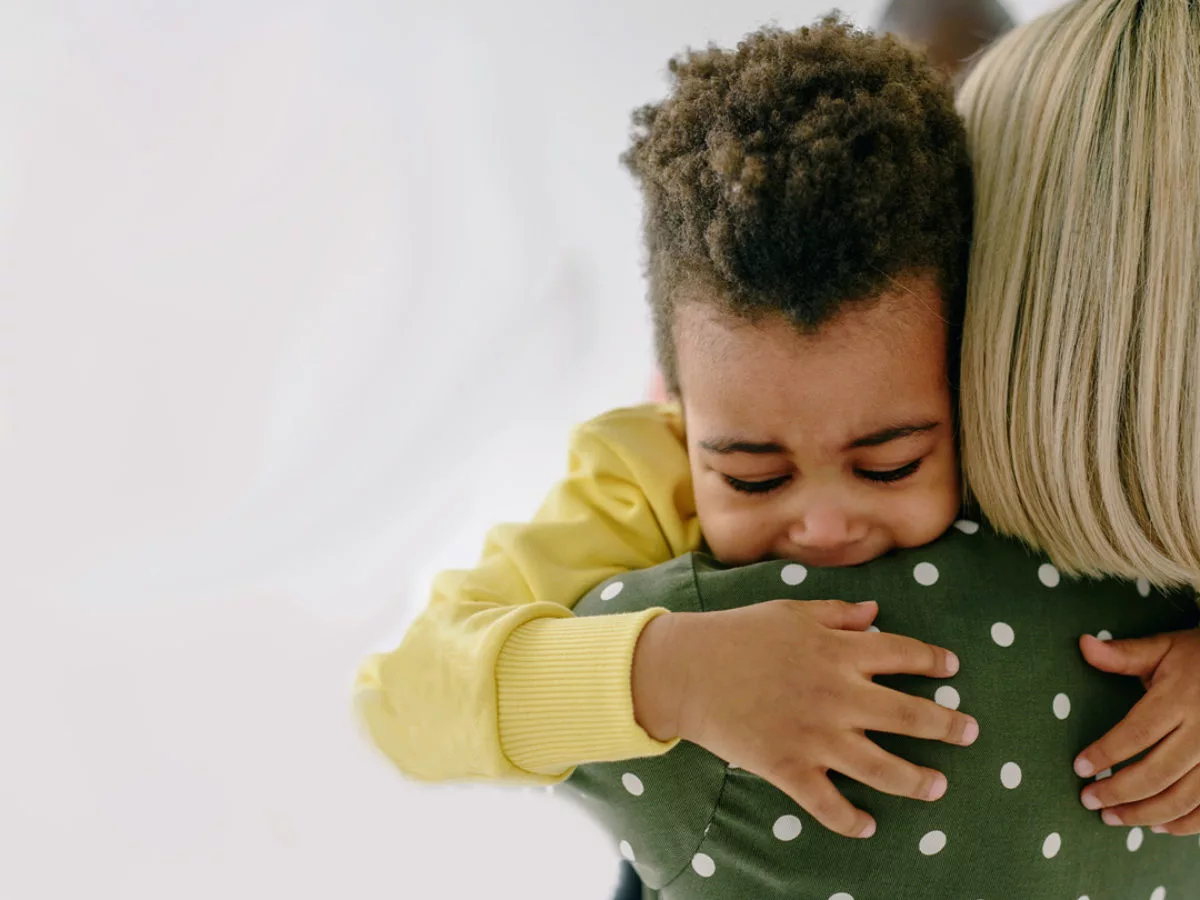
Toddlers have big emotions and lack the language to articulate them clearly. Crying is a way to convey their needs. Saying “don’t cry” must feel awful to a toddler. What if we made a conscious decision to notice when the thought “stop crying” pops up, and instead we said:
- I see how upset you are.
- I see that this is hard for you.
- Let’s solve this problem together.
- It’s okay to be sad.
- I see you want some space. I’ll stay close by so you can find me when you need me.
The way we react to their distress will make an impact on them as a human. Validating the feelings of children helps them to feel understood. Being understood is an essential ingredient to feeling connected and supported, and it also helps toddlers to give words to their feelings.
Learn more about our holistic approach to learning with Toddlers at Only About Children.
Plus, learn more from our in-house Children Services Curriculum Advisor, Jenny Kable: Respectful Nappy Changes.
Only About Children can help your child to grow, make friends and explore the world.
Only About Children can help your child to grow, make friends and explore the world.
Related Reads
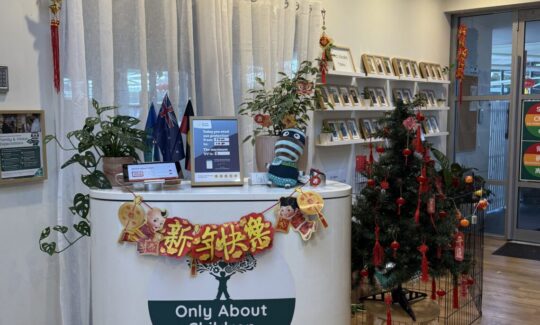
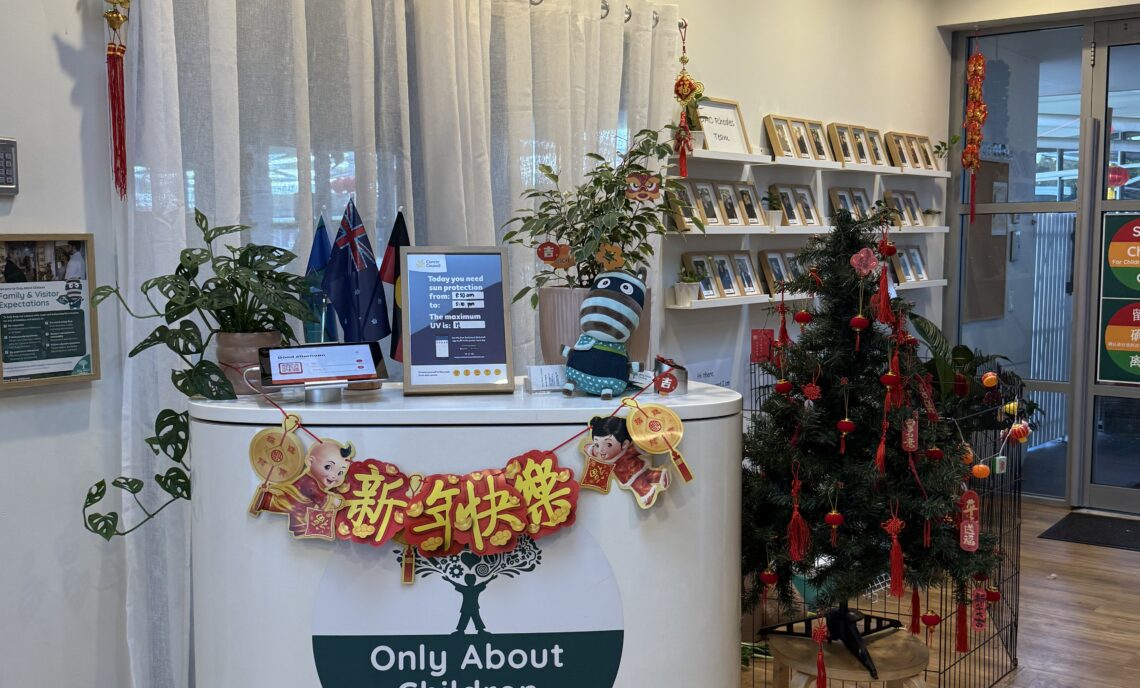
A Spectacular Lunar New Year Celebration at OAC Rhodes
OAC Rhodes welcomed Lunar New Year with a vibrant community celebration featuring a lion dance, dumpling making, lantern crafts and a wishing tree. It was a joyful day of culture, creativity and connection for children and families.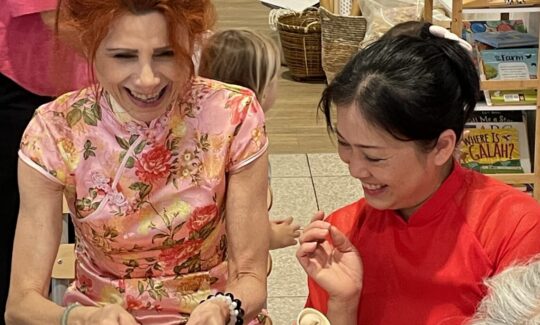

Celebrating Community and Culture at OAC Elsternwick
At OAC Elsternwick, children and families come together to celebrate cultural and community events. From decorating and making dumplings to sharing traditional foods, every celebration is a chance to learn, connect and have fun.
